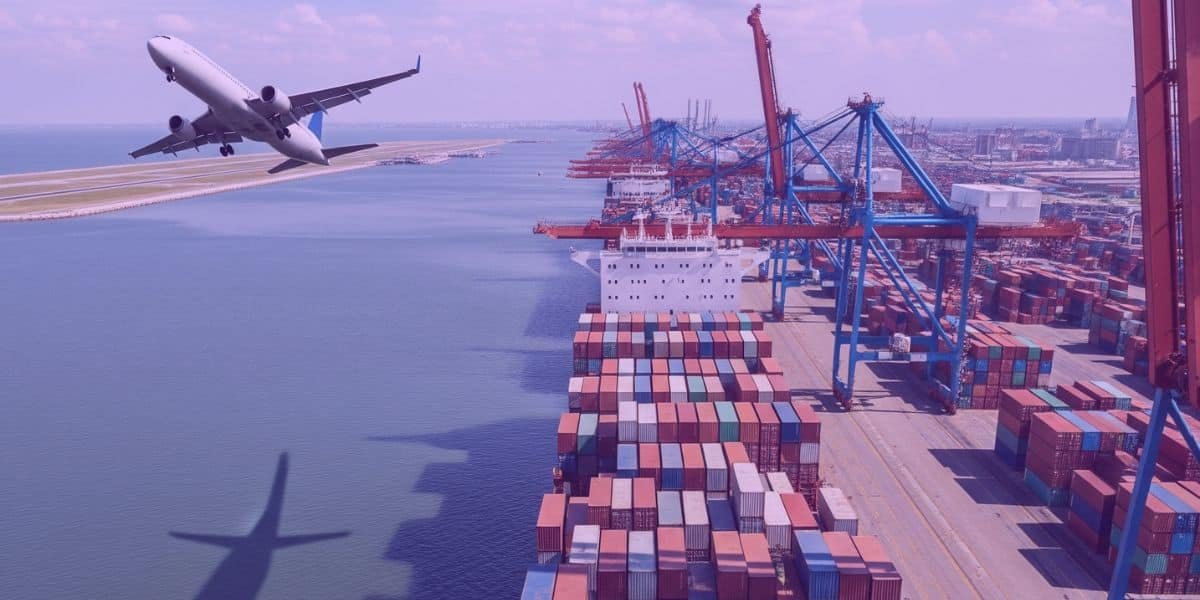Globalization and international trade have led to the necessity for particular rules to make it easier for goods to be transported across borders.
Ex Tariffs are significant tools that can be used to lower or remove customs tariffs in specific scenarios, like the importation of crucial goods into strategic sectors or to adhere to global agreements.
The spontaneous utilization of these advantages can lead to various adverse outcomes, particularly in the areas of customs, tax, and legal matters. This article aims to examine these repercussions by providing a detailed perspective on the topic.
Before delving into the specific topic we aim to analyze in this study, I request the reader to consider a particular aspect relating to the Import Tax, which is determined by the establishment of each Tariff Ex. Following this quick mention, I will revisit the main theme of this paper.
Parafiscality of the import tax and the importance of strategic customs management.
The legal character of the Import Tax (II) in the Brazilian tax system is distinct, as its nature is primarily parafiscal.
This implies that its primary role should be regulatory, serving as a tool of economic policy to stabilize domestic and international trade.
The Brazilian Federal Revenue Secretariat (RFB) frequently distorts the ideal role of tax management by prioritizing collection.
It is being asked whether it would be more effective for the II to be managed by a dedicated Customs Secretariat with objectives that support the country’s industrial and technological advancement. This topic merits a comprehensive discussion.
What does Tariff Ex mean?
An ex tariff is a government concession that enables the reduction or waiver of customs duties on specific imported goods.
This mechanism is utilized to achieve particular objectives, like:
- To boost key sectors of the economy such as healthcare, technology, and agriculture.
- Adhere to global accords or trade agreements.
- Facilitate the import of necessary goods that are not adequately manufactured domestically.
Specific criteria must be met in order to utilize this advantage, including adhering to deadlines, clearly defining the purpose of use, providing proper documentation, and most importantly, waiting for the Administrative Decision to be officially published.
This document is an authentic “NATION CERTAIN” for the Ex Tarifário, encompassing all legal and administrative implications relevant to the country’s tax authorities.
Extemporaneous use happens when these conditions are not followed, particularly during the initial period of benefit usage.
Lawyer José Geraldo Reis, a Customs Law expert, has written an article on The Ex-Tarifary and the updated regulations for 2025.
Consequences within the Customs Sector
The customs sector is the first to be affected by the unexpected implementation of a Tariff. The primary outcomes involve:
Goods Retention
The customs officials can hold the goods if a Tariff Ex is applied incorrectly or at the wrong time, causing delays in releasing the goods and affecting the entire supply chain.
Collection at the complete rate
Paying the full customs tariffs upon loss of benefit can be a substantial expense for the importer, sometimes even surpassing the value of the goods.
Future Block Activities
Companies that engage in misconduct related to Tariffs could face restrictions on their future operations or be subject to heightened oversight by customs authorities, leading to additional bureaucracy and increased operational expenses.
Being added to lists of restricted individuals.
The importer may face being added to customs restriction lists in serious situations, leading to challenges in conducting global transactions and damaging the company’s image.

Consequences in the Realm of Taxation
The spontaneous use of Ex Tariffs directly impacts the fiscal sector, leading to various outcomes.
Auctions and Fines
Tax authorities have the right to penalize taxpayers who fail to comply with Tariff regulations, with fines typically being substantial and based on the seriousness of the violation.
Review of Tax Benefits
Irregular use of a Tariff Execution could lead to the reassessment of other tax advantages given to the company, potentially resulting in the loss of crucial incentives for the business.
Regularization Mandate
The taxpayer often needs to manage their financial situation, which might involve settling taxes, interest, and monetary adjustments. This procedure can be both lengthy and expensive.
Consequences in Taxation
The tax sector is heavily affected by the unexpected utilization of Tariff Ex, leading to significant outcomes.
Tax Collection Delayed
Paying tributes that were originally waived or reduced indicates a loss of advantage.
This encompasses not just duties on imports, but also charges like Import Tax (II), Industrialized Product Tax (IPI), and Goods and Services Circulation Tax (ICMS).
Interest and Adjustment in Monetary Policy
The taxpayer might have to pay interest and monetary adjustments on top of the taxes owed, leading to a substantial increase in the overall payment amount.
Tax Fee Rise
The removal of Ex Tarifário can lead to higher tax costs for the company, affecting its ability to compete globally.
Understand the updated tax regulations for consumption tax reform in LC 214/2025.
Consequences within the Criminal Justice System
In more severe situations, using Tariff Ex without prior planning may lead to criminal consequences. The primary consequences are:
Research on deception
Authorities may initiate a criminal investigation if there are indications of dishonesty or fraudulent behavior in utilizing the benefit, potentially leading to legal action against the company’s accountable parties.
The act of overseeing and controlling a group of people or an organization.
The company’s executives could be held accountable for any misuse of Ex Tarifários, which could result in them having to pay fines or even face imprisonment.
Reputation harm
The company’s reputation in the market could be harmed, impacting its business relationships and potential to attract investments, in addition to facing legal repercussions.
Avoiding spontaneous usage
To prevent the adverse effects of using Tariff Ex without planning, it is crucial to follow best practices such as:
- Understand the criteria and timelines for utilizing the benefit.
- Ensure that all required documentation is accurate and current.
- Consult experts: Get advice from professionals who specialize in international trade and tax regulations.
- Establish internal procedures to oversee the utilization of tax and customs advantages.
Compliance with tariff regulations is crucial when utilizing tariffs.
Using Ex Tariffs before being published can lead to various adverse effects, particularly in customs, fiscal, tax, and legal areas.
To prevent these issues, companies must implement effective strategies and obtain expert advice. Utilizing these methods not only helps avoid penalties but also enhances the business’s competitiveness and sustainability in the global market.
What are Ex Tariffs?
Ex Tariffs are incentives provided by the government to reduce or waive customs duties on specific imported goods in order to support key industries, adhere to international agreements, and streamline the import of essential products.
Why is it significant to publish the Administrative Decision regarding the utilization of an Ex Tariff?
The Administrative Decision’s publication is crucial as it acts as the Ex Tarifário’s “birth certificate,” setting the initial guidelines for utilizing the benefit and obligating all national tax authorities.
What are the primary outcomes of using Tariffs unexpectedly in the realm of customs?
Consequences may involve holding onto products, ensuring complete tariff payment, preventing future transactions, and being listed in customs restriction registers, affecting the importer’s logistics and expenses.
How does occasional implementation of Tariffs impact companies’ financial aspects?
Irregular usage may lead to penalties and charges, reviews of tax benefits, and compliance with regulations, raising both tax obligations and costs.
What are the tax consequences for companies that utilize Ex Tariffs after the deadline?
The forfeiture of advantages leads to paying overdue taxes (II, IPI, ICMS), along with interest and monetary adjustments, resulting in a notable rise in the tax load.
When can using Tariff Exeges spontaneously lead to criminal consequences?
In situations where there is indication of dishonesty or deception, officials may initiate a criminal inquiry, potentially impacting the reputation of company executives.
How can we prevent the spontaneous use of Tariff Ex?
It is important to be familiar with the regulations, update documentation regularly, seek advice from experts, and establish internal monitoring mechanisms for tax and customs benefits.
How does the Import Tax’s parafiscal nature impact customs management?
The regulatory function of the II is sometimes overshadowed by the emphasis on revenue collection by the RFB, leading to discussions about the necessity of a dedicated Customs Secretariat.
What advantages do companies gain in the global market by using tariffs correctly?
Using it correctly helps prevent penalties, enhances competitiveness, and supports the long-term success of businesses in the global market.
Why is expert guidance essential for businesses utilizing Ex Tarifarios?
Specialized consulting ensures adherence to laws, minimizes risks, and maximizes tax and customs advantages.


